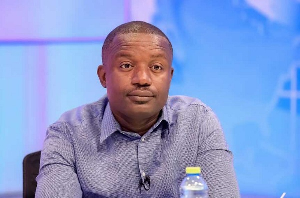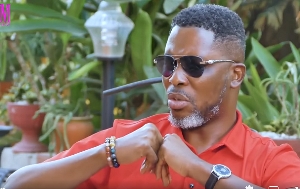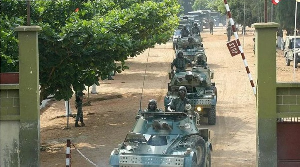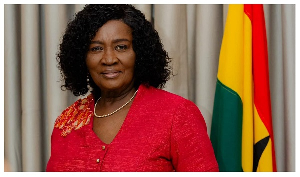The National Council on Persons with Disability has revealed that it presented over 10,000 names comprising a list of vulnerable persons who were affected by the lockdown in Greater Accra Region ad Greater Kumasi for COVID-19 reliefs particularly, the free cooked foods.
According to the Council, only 1,000 people benefited.
The government in April 2020 rolled out a free food distribution programme to the poor and vulnerable including persons with disability through the Ministry of Gender, Children and Social Protection at the lockdown areas. The items included assorted foods stuff and packs of cooked foods.
The government touted over the supply of these cooked foods which was later reported to have cost the country some GH¢54M but, Yaw Ofori Debrah, Former President of the Ghana Federation of Disability Organizations said he puts the blame squarely on the doorsteps of the Ministry of Gender since they did very little to support these vulnerable people
“We were able to provide the ministry a little of 10,234 people in the lockdown areas- Accra and Greater Kumasi but after two weeks of coming into effect of the lockdown what they were able to give us could only cater for only 1,000 people in Accra so the issue is we gave you 10,000 people and then you gave me quantity of food that will cater for only 1,000 people,” Mr. Debrah announced this on the 3FM’s Sunrise Morning Show on Monday.
He also said other demands they made including the supply of Personal Protective Equipment (PPE) were also denied them.
The inability of government to reach the targeted groups have infuriated the disability groups who have described their plight as lacking attention.
Meanwhile, Dr. Richard Akuetteh Adjetey, a Social Protection Expert at the Ghana National Households Registry said the lack of data is impeding efforts at supporting these vulnerable persons.
He disclosed that currently, a team is in the Ashanti Region collecting data on vulnerable persons. An estimated number of 140,000 poor people are expected.
So far the team has collected 120,000 data of vulnerable persons in the Greater Accra Region. The World Bank project according to Dr. Adjetey would see to the people being properly targeted for COVID-19 support.
A caller from Aburi in the Eastern Region, Gilbert Boateng Agyare said a range of issues bothering them span from their non-involvement in decision making and lack of information in the COVID-19 education, the inability for the vulnerable groups to buy even GH¢1 nose masks, and their inability to access funds.
Vulnerable groups in Ghana fall under three main categories including the extreme poor persons, economic at risks, and socially vulnerable persons including persons living with HIV AIDS, and persons with disability.
General News of Wednesday, 17 February 2021
Source: 3news.com

















